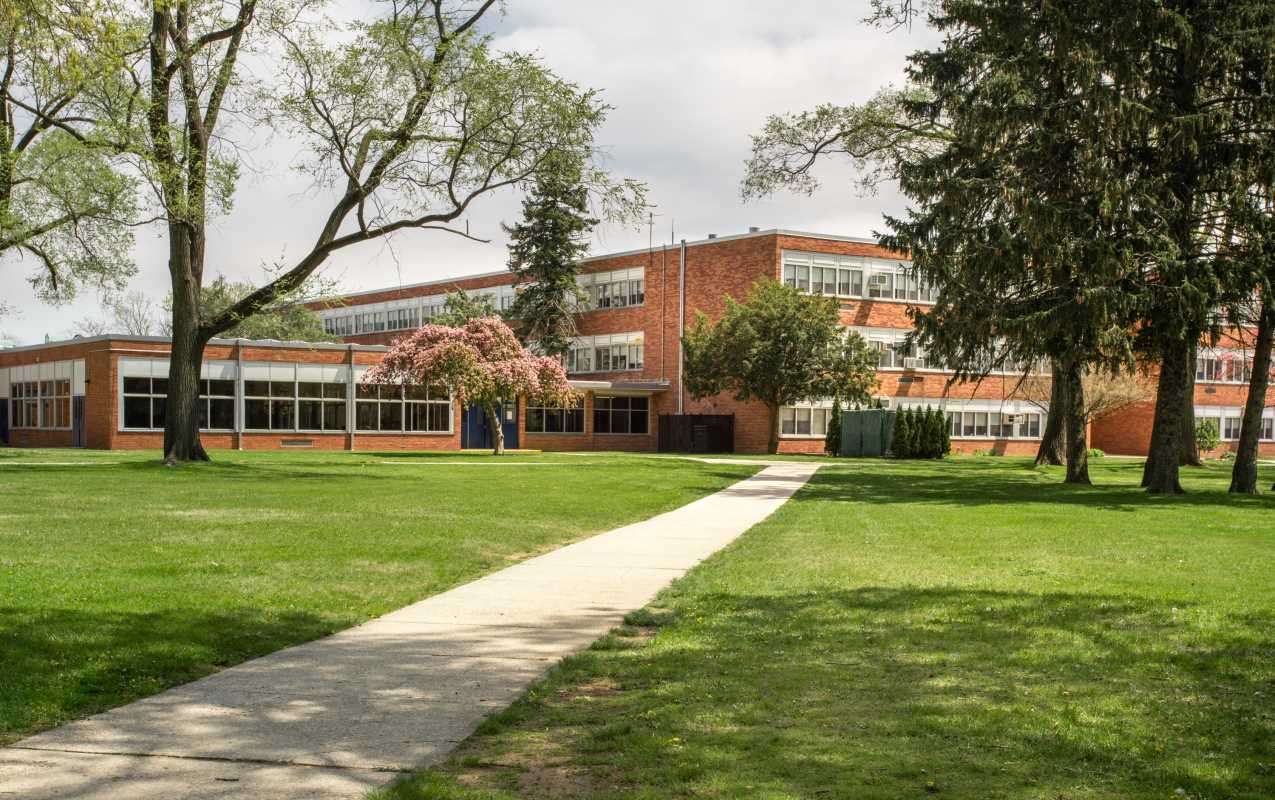When it comes to choosing the right college for your higher education journey, one of the biggest decisions you'll face is whether to attend a public or private institution. Both types of colleges offer unique experiences, advantages, and considerations that can significantly impact your academic and personal growth. Understanding the differences between public and private colleges can help you make an informed decision that aligns with your academic goals and financial situation.
Public Colleges
Public colleges are funded by the state or local government, which often results in lower tuition costs for in-state residents. These institutions typically have larger student populations, which can provide a diverse and vibrant campus community. Public colleges also tend to offer a wide range of academic programs and extracurricular activities, allowing students to explore various interests and career paths. One key factor to consider is that public colleges may have higher student-to-faculty ratios, potentially leading to less individualized attention from professors.
Private Colleges
On the other hand, private colleges are funded through sources such as tuition, donations, and endowments, which can result in higher tuition fees compared to public institutions. However, private colleges often offer smaller class sizes, allowing for more personalized instruction and mentorship opportunities. These institutions may also have a strong focus on specialized programs, research opportunities, and unique campus cultures. Additionally, private colleges may provide more financial aid and scholarship options to help offset the higher tuition costs.
Making the Right Choice for You
When deciding between public and private colleges, it's essential to evaluate your academic goals, financial resources, and personal preferences. Consider factors such as tuition costs, campus size, student-to-faculty ratio, academic offerings, and extracurricular opportunities. Take the time to visit different campuses, speak with current students and faculty members, and research each institution's reputation and alumni outcomes. Ultimately, the right choice will depend on your individual priorities and what type of college environment will best support your academic and personal growth.
Navigating the college application process can feel overwhelming, but taking the time to research and compare public and private colleges can help you make a well-informed decision. Whether you choose a public institution with its larger campus community and diverse programs or a private college with its smaller class sizes and specialized offerings, remember that both types of colleges can provide a valuable and rewarding college experience. By understanding the unique advantages of public and private colleges, you can find the right fit for your academic journey and set yourself up for success in the future.







